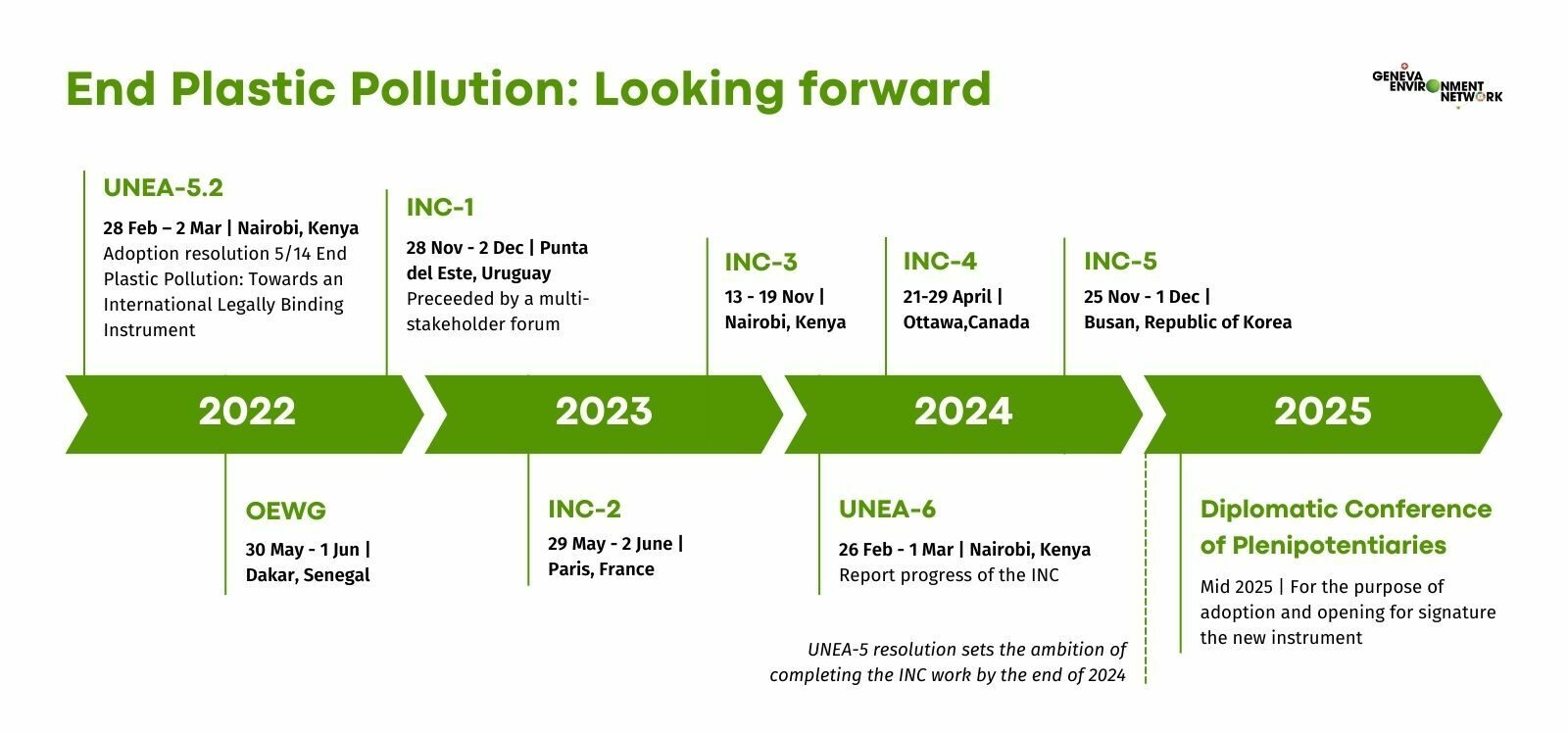
In a continuous battle against the rising global plastic pollution crisis, UN-led discussions aimed at creating a groundbreaking treaty have once again failed to reach consensus. This latest impasse followed a 10-day meeting in Geneva, prolonging a negotiation effort that has already persisted for more than three years. Initially, negotiators had a deadline set for December of the previous year, which they did not meet, highlighting the difficulties in achieving agreement on a global scale.
The severity of the plastic pollution challenge is emphasized by data from the Organisation for Economic Co-operation and Development (OECD), which noted that over six million tonnes of plastic contaminated aquatic ecosystems in 2019 alone. With forecasts indicating that plastic production could triple by 2060, the environmental stakes are extraordinarily significant.
In 2022, UN member states committed to developing a global plastics treaty. However, the road ahead has been fraught with numerous challenges. At the core of these issues is the absence of a defined process for settling disagreements between negotiating parties, hindering advancement on more contentious aspects of the treaty draft. Luis Vayas Valdivieso, chair of the negotiating committee, has been faced with the daunting task of mediating between two main factions: a majority coalition pushing for a comprehensive treaty that addresses all components of the plastic lifecycle—such as production caps, harmful additives, and mandatory reporting—and a minority group of nations with considerable petrochemical interests that favor a focus on recycling and waste management, despite unsatisfactory recycling results.
As the meeting in Geneva drew to a close, Vayas Valdivieso presented a draft treaty text that excluded strict constraints on plastic production and the use of problematic chemicals. This action drew considerable backlash. Emma Hardy, leading the UK’s delegation, condemned it as a concession to the lowest common denominator. Panama’s Juan Carlos Monterrey Gomez voiced strong opposition, claiming that essential provisions crucial for effectively reducing plastic pollution were ignored or diluted.
Even after extending the meeting for an extra day, discussions wrapped up without reaching an agreement, despite presenting a new draft that recognized current unsustainable production levels and acknowledged harmful chemicals. Nevertheless, this latest version heavily relied on voluntary initiatives, raising questions about its effectiveness and potential for future improvement. David Azoulay from the Center for International Environmental Law described the outcome as a significant failure and called for a reform in the negotiation process, emphasizing that a procedural change was vital for progress.
The fate of these negotiations remains unclear, with the next session yet to be arranged, reflecting the intricate challenges involved in coordinating an international response to the adverse rise in plastic pollution.